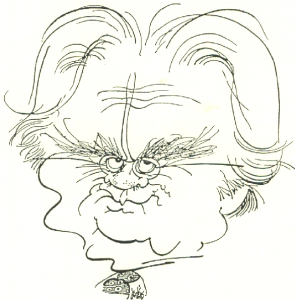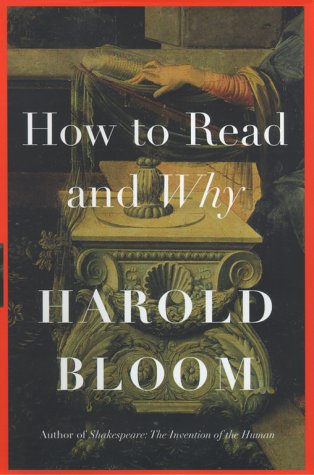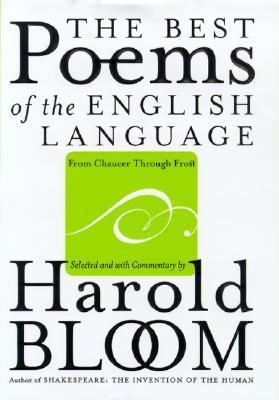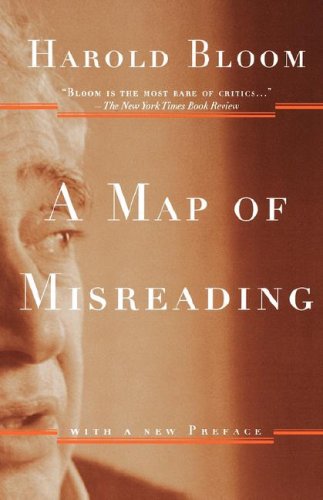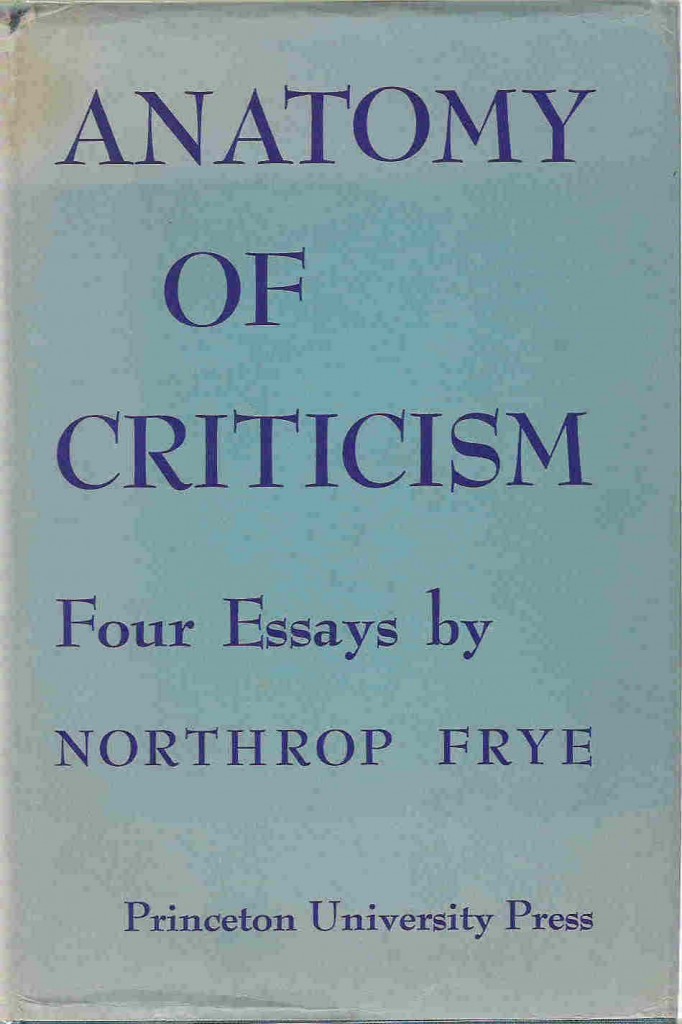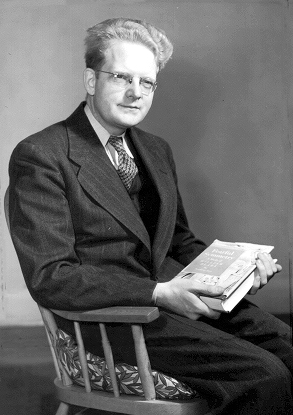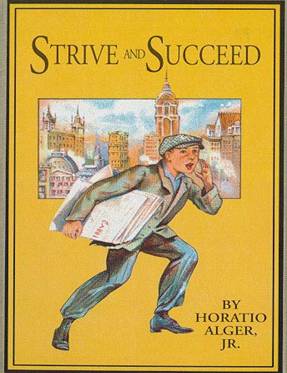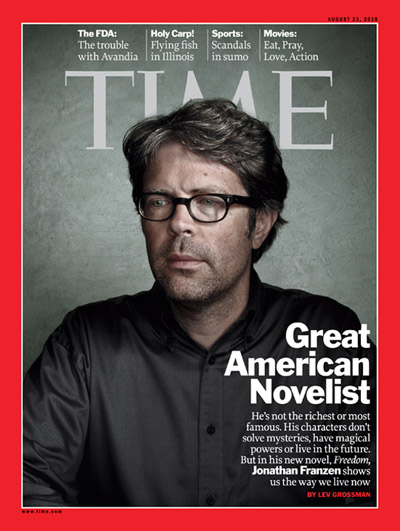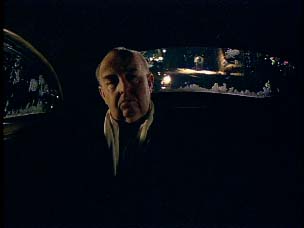Body of Vision (University of Toronto Press, 2013) reconsiders fundamentals of Northrop Frye’s theories of meaning, literature, and culture in the light of related current approaches that have taken his insights in very different directions. It develops branches of Frye’s thinking by proposing partial syntheses of them with cognitive poetics and with contextualist theories of cultural history and ideology, seeking to retain the best of all worlds. Case studies of texts and genres work out promising connections in detail.Three related aspects of Frye’s work are explored: meaning and thought, culture and society, and literary history. Chapter 1 connects Frye’s theory of meaning and poetic metaphor with those developed in cognitive linguistics and poetics by George Lakoff, Mark Johnson, and Mark Turner. Chapter 2 applies this synthesis to the metaphoric world of Dante’s *Divine Comedy*. Chapter 3 links Frye’s approach to the relations among literature, society, and ideology with that of cultural theorists Roland Barthes and Stuart Hall, and with Lakoff’s cognitive account of metaphor and framing in political thought and discourse. It characterizes the contrasting conservative and liberal worldviews represented in Hobbes’s Leviathan and Rousseau’s Social Contract. Chapter 4 considers relations between general principles of literary cognition and particulars of texts and contexts in history. Frye’s approach is compared with Patrick Colm Hogan’s study ofemotional and literary universals, and with the new historicism of Stephen Greenblatt and Louis Adrian Montrose. The pastoral is examined as a genre that appears decidedly dated in many ways, yet is still capable of communicating powerfully.
Michael and the University of Toronto Press have kindly given us permission to post an excerpt. Here is the first chapter:
Cognition, Meaning and Culture
“Systems That Won’t Quite Do”: Schematic Structure in Literary Metaphor, Myth, and Models
Michael Sinding
I do not think of the Anatomy as primarily systematic: I think of it rather as schematic. The reason it is schematic is that poetic thinking is schematic. The structure of images that C. S. Lewis in The Discarded Image calls “the Model” was a projected schematic construct which provided the main organization for literature down to the Renaissance: it modulated into less projected forms after Newton’s time, but it did not lose its central place in literature.
Northrop Frye, “Reflections in a Mirror,” 1966
Our first imaginary conversation proposes to reveal important parallels between Frye’s literary and cultural theory, on the one hand, and cognitive literary studies, on the other, which make it worthwhile to look at these theories in each others’ lights, so to speak. The most important parallels concern the relation of metaphors to one another and to the larger mental models giving structure to culture, literature, philosophy, science, and moral and political worldviews and ideology. Determining their points of agreement and divergence can indicate how they may be developed in concert, as supplementing, extending, and correcting one another’s claims and arguments about common concerns. From this vantage, I see Frye as elaborating some of the broader cultural implications of the conceptual approach to meaning, and the conceptual party as able to support certain versions of Frye’s theses about literature and culture by articulating the linguistic and conceptual details. (Putting them together, as I’ve suggested, we get more of the forest and more of the trees than we could with either one alone.) After a brief overview of some common aims, principles, and background, this chapter turns to detailed discussions of the former, then the latter. The ultimate aim is to describe in detail the possible forms of coherence across metaphors and their imagistic structures. This will prepare the ground for a study of metaphoric coherence in what Frye calls “literary cosmologies”, which are metaphoric storyworlds. To clarify, storyworlds, as David Herman defines them, are “mental models of who did what to and with whom, when, where, why, and in what fashion in the world to which recipients relocate [. . .] as they work to comprehend a narrative” (Story Logic 5). Literary cosmologies are metaphoric storyworlds in that they are structured by compounds of metaphors (i.e. many aspects of the storyworld are metaphorical, and as they interact with one another, the metaphors combine). The next chapter will use this chapter’s analysis to examine the metaphoric coherence of the cosmology of Dante’s Divine Comedy. The chapters following connect the cosmology to social mythology and to literary history.
The approach to figurative language and thought pioneered by George Lakoff, Mark Johnson and Mark Turner caught imaginations across the world, and I think it’s no exaggeration to call it revolutionary. At present it constitutes a flourishing research program that continues to invigorate many fields. It has roots in cognitive linguistics, which is also highly interdisciplinary, and claims a very broad scope, examining metaphor, figures, and narrative in many areas, including literature, philosophy, religion, anthropology, politics, mathematics, and particularly worldview and common sense. As with Frye, there is an impressive interdisciplinarity of sources and influences. Cognitive literary studies encompasses cognitive poetics, narratology, rhetoric, reader response, and more. Indeed, it may draw on any of the fields associated with cognitive science—not only linguistics but cognitive psychology, anthropology, and various divisions of neuroscience.
In fact, reception of the two theories is also comparable and can lead us into some of their common aims and assumptions. Early views of Frye tend toward hagiography or hatchet job, and the gamut remains narrow and polarized. In short, while many find Frye’s ingenious analyses, analogies, synopses and pattern perception highly informative, others find them over-ingenious and over-idealized. Discounting genial praise, general abuse, and frequent misunderstanding, Hamilton sees in serious critiques of Frye chiefly a distrust of his systematicity, a concern that abstraction away from contextualized particulars can be flattening of textual complexity and literary experience, and rejection of his totalizing ambitions (Anatomy 4-6). Dolzani notes the standard complaint of reductivism, and says that during the fifties and sixties Frye was attacked for being unscientific—not proving his patterns empirically there—and during the seventies and eighties for misinterpreting empirical findings—we easily find patterns because we are conditioned to do so. In the nineties sociological critique asks who decides on and interprets universals, and on what authority? (“Wrestling” 98). Cognitive critics are also oriented towards form and structure, general principles, and universals, and Lakoff and Turner and others have also been accused, in similar terms, of overstating their claims and simplifying their topics: reducing specifics to abstractions, flattening meaning and emotion, downplaying cultural and historical context, insufficiently distinguishing literal from figurative.
Without going into great detail, we can fashion one response for both: reductionism need not follow. Neither theory purports to explain everything about particular texts. Both address a clear need for larger perspectives by creating frameworks capable of bringing together arrays of related phenomena. Fine-grained facts may be the most immediately evident to the senses, especially with art, which trains and rewards heightened sensitivity to nuance. But they are not the only facts, and they do not vitiate the need to address those of larger, coarser grain. Indeed, if Frye and the conceptual party are right about the importance of conceptual systematicity (or schematicity) in the creation of resonance for myth and metaphor, then their theories offer an explanation for some of the most powerful, and most specifically artistic effects of literature—an explanation of a kind that is unavailable to the scrutineer of surfaces. As Frye puts it, “Many who consider the structure of my view of literature repellent find useful parenthetic insights in me, but the insights would not be there unless the structure were there too” (“Reflections” 145).
The business I envision for this chapter, then, is using Frye’s literary theory to conjoin two kinds of “cognitive criticism” deliberately oriented to explanations that make essential but not greedily reductive use of cognitive research. On the one hand there is the kind represented by Mark Turner (Reading), David Bordwell (“Case”, “Contemporary”) and Noël Carroll (“Prospects”), who demur from both isolated textual “readings” and sweeping self-ratifying annexations of texts and theories by “grand theory”, to focus on “middle-level” topics and problems specific to the arts. These critics aim to describe the commonplace background knowledge of readers and viewers, and explain how it underpins readers’ experience and interpretation of texts and films. On the other hand, there is the kind represented by Reuven Tsur, who distinguishes cognitive poetics from cognitive linguistics by the former’s focus on explaining specifically poetic “effects” (“Aspects” 279-81). Yeshayahu Shen (“Cognitive Constraints”, “Metaphor”) makes a related distinction between approaches to the nature of poetic (especially figurative) structures. Against the various approaches that highlight the creativity and novelty of poetic discourse, his approach highlights the need of such discourse to conform to cognitive constraints, in order to be communicable. Poetic discourse must both conform to, and interfere with, cognitive processes (cf. Semino and Steen). Indeed, for Ray Gibbs Jr. the “paradox of metaphor” everywhere, not just in literature, is that it is “creative, novel, culturally sensitive, and allows us to transcend the mundane while also being rooted in pervasive patterns of bodily experience common to all people” (“Metaphor” 5). As I hope to show, Frye’s approach examines the special structures and processes specific to literature, but he does so by comparing and contrasting that literary cognition with non-literary cognition.
